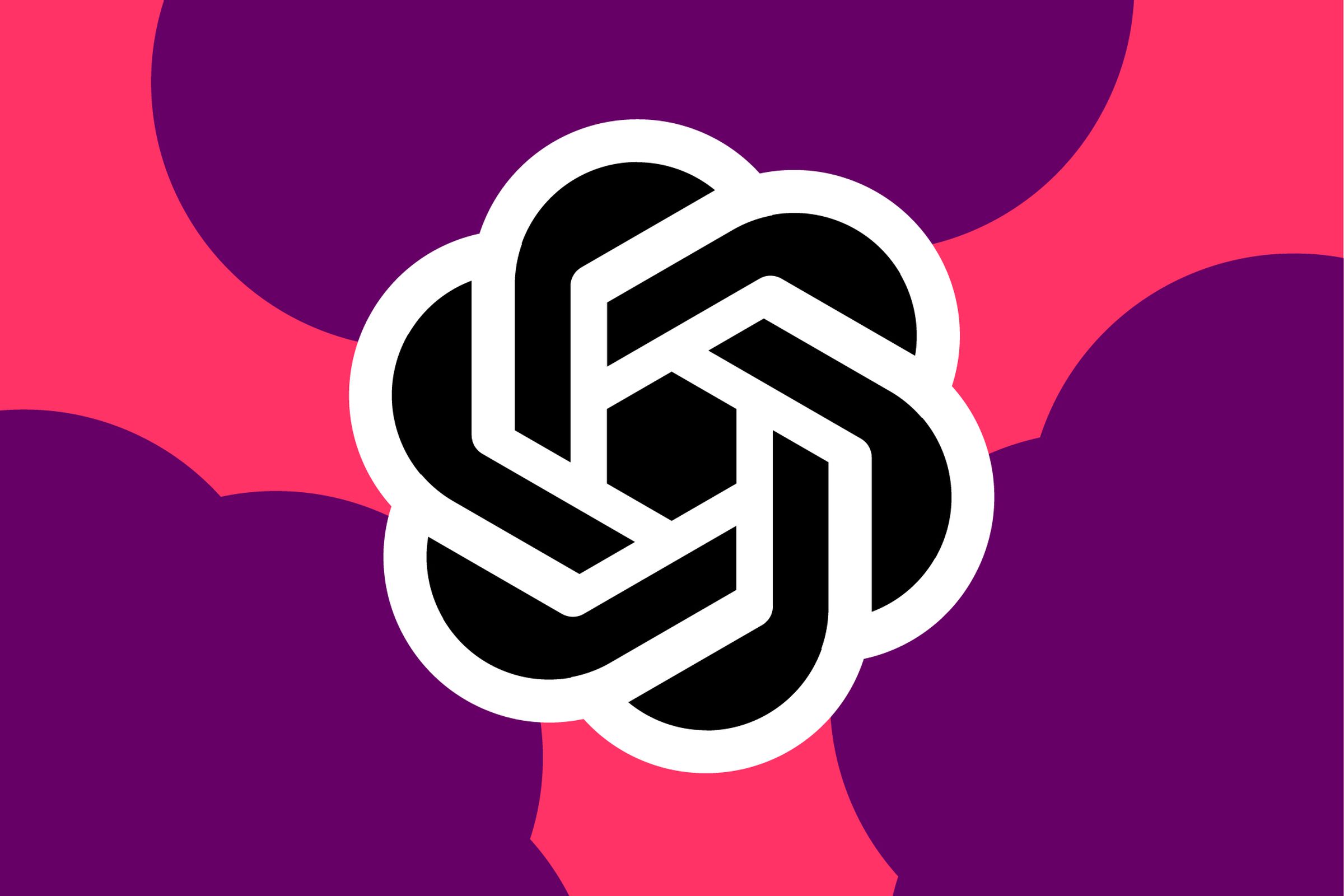ChatGPT is officially an AI-powered web search engine. The company is enabling real-time information in conversations for paid subscribers today (along with SearchGPT waitlist users), with free, enterprise, and education users gaining access in the coming weeks.
Rather than launching as a separate product, web search will be integrated into ChatGPT’s existing interface. The feature determines when to tap into web results based on queries, though users can also manually trigger web searches. ChatGPT’s web search integration finally closes a key competitive gap with rivals like Microsoft Copilot and Google Gemini, which have long offered real-time internet access in their AI conversations.
This launch comes as AI-powered search heats up across tech giants
In a pre-launch demo, OpenAI’s ChatGPT search lead, Adam Fry, showcased the feature by searching for Apple’s stock and any relevant news. In return, it displayed an interactive stock graph, upcoming earnings information, and news articles with clickable citations linking to original sources. There’s also a sources sidebar that lets users scroll through a list of relevant websites. In another example, Fry searched for Italian restaurants in San Francisco, which returned an interactive map that dropped pins for recommended restaurants. In both examples, Fry asked follow-up questions to hone the result (like finding restaurants that are “more casual and neighborhood-y”).
The new search functionality will be available across all ChatGPT platforms: iOS, Android, and desktop apps for macOS and Windows. The search functionality was built with “a mix of search technologies,” including Microsoft’s Bing, Fry said. The company wrote in a blog on Thursday that the underlying search model is a fine-tuned version of GPT-4o. It was originally released to 10,000 test users as a prototype called SearchGPT in July, and we reported back in May that OpenAI was aggressively trying to poach Google employees for its own search team.
Prior to this update, ChatGPT’s knowledge was limited to a cutoff between 2021 and 2023 depending on the model. OpenAI spokesperson Niko Felix said even with live search active, the company will continue to refresh its training data to “ensure our users always have access to the latest advancements” but it is “distinct” from the training of the company’s models.
This launch comes as AI-powered search heats up across tech giants. Meta is reportedly developing its own AI search solution, while Google recently expanded its AI overview feature to more than 100 countries. When questioned about the timing coinciding with Alphabet’s earnings on Tuesday (showing that Q3 search revenue raked in $49.4 billion), Fry maintained the release was independently scheduled.
That’s one clear reason a user might choose ChatGPT over Google Search: there’s no clutter of advertising or promoted queries pinned to the top. While Google makes a lot of money off advertising in search results, Fry said there are currently “no plans” for advertising in ChatGPT. Still, AI-powered search is more expensive to operate than traditional search, and it’s not yet clear how OpenAI will finance it for free users. Felix said that free users will have “some limits on how often they can use our latest search models.”
Many AI search services are also facing lawsuits. News Corp and The New York Times have filed suit against the AI-powered search startup Perplexity, the former accusing it of “massive freeriding” and engaging in copyright violations on a “grand scale.” The New York Times has also sued OpenAI for allegedly using the media company’s material for training its large language models. When asked how exactly OpenAI is going to dodge even more scrutiny, Fry pointed to the company’s news partnerships. (The Verge’s parent company, Vox Media, has a partnership with OpenAI.)
“We are working very, very closely with all of those partners to understand how to use that content really responsibly and help drive great outcomes for publisher partners as well,” Fry said, adding that any publisher is able to simply opt out of OpenAI’s web crawler. That web crawler won’t bypass paywalls, either, he said.
OpenAI has secured a litany of media partnerships in the last year, including big names like Hearst, Condé Nast, Axel Springer, and News Corp. While Fry says those partners will get more “control” over how their content surfaces in ChatGPT, they won’t be automatically given higher priority in queries.
As for hallucinations — like when Google’s AI Overviews infamously told users to put glue on their pizza — Fry believes that ChatGPT search is going to “increase factual accuracy overall.”
“Some amount of hallucinations come from just really not having access to the latest information. And so now that it has access to the latest information, it actually helps it make better decisions around what is the true, factual answer,” Fry said. When pressed about the fact that edge cases exist and mistakes are inevitable, he said “we’ll try to be transparent” if it does trip up.
ChatGPT’s web search is also debuting just days before the US presidential election, making its need for accuracy more pivotal than ever. Fry said that “we hope” that with this tool “we can elevate authoritative sources around where to get election information” and that the company is paying “special attention” to election queries.

Leave a Reply